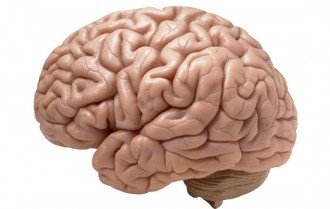Health
Scientists appeal for more people to donate their brains

New York, Feb 17: Scientists are appealing for more people to donate their brains for research after they die, a media report said on Friday.
They say they are lacking the brains of people with disorders such as depression and post-traumatic stress disorder for their study due to lack of knowledge among people, who do not attach much importance to these problems.
The researchers aim to develop new treatments for mental and neurological disorders, the BBC reported.
In recent years, researchers have made links between the shape of the brain and mental and neurological disorders.
More than 3,000 brains are stored at the Harvard Brain Tissue Resource Centre at McLean Hospital just outside Boston. It is one of the largest brain banks in the world.
Most of their specimens are from people with mental or neurological disorders.
Samples are requested by scientists to find new treatments for Parkinson's, Alzheimer's and a whole host of psychiatric disorders.
Scientists at McLean Hospital and at brain banks across the world do not have enough specimens for the research community.
According Kerry Ressler, who is the chief scientific officer at McLean hospital, new treatments for many mental and neurological diseases are within the grasp of the research community. However, he says it is the lack of brain tissue that is holding back their development.
"We have the tools and the ability to do some great deep-level biology of the human brain now. What we are lacking are the tissues from those with the disorders we need to really understand."
There is a shortage of brains from people with disorders that are incorrectly seen as psychological - rather than neurological in origin. These include depression and post-traumatic stress disorder.
Sabina Berretta, the scientific director of the Harvard Brain Tissue Resource Centre, said: "If people think that there are no changes in the brain of somebody that suffers from major depression or post-traumatic stress disorder then there is no reason for them to donate their brain for research because (they think that) there is nothing there to find."
"This conception is radically wrong from a biological point of view," she added.



































